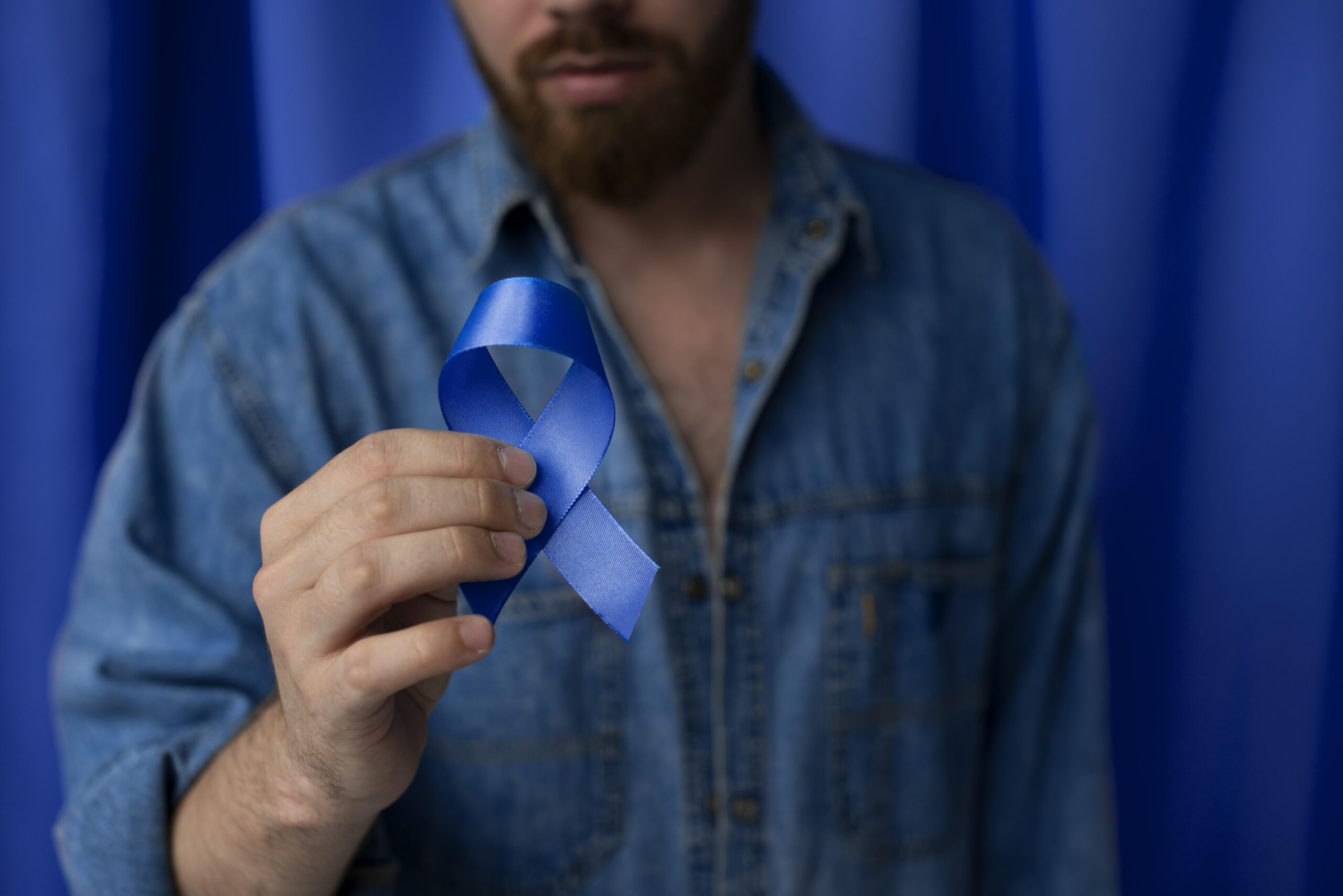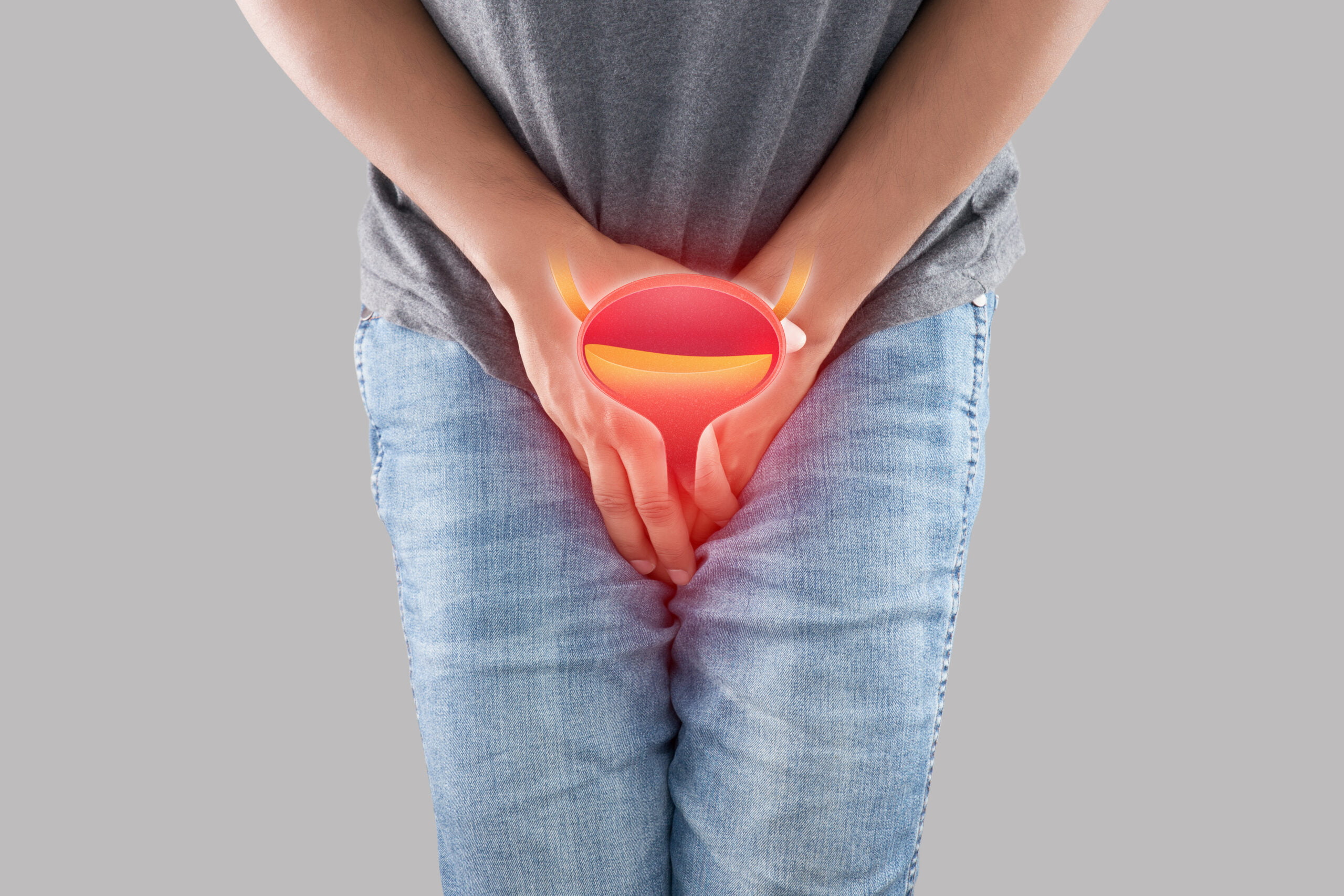Treatment Modalities
Treatment options include:
- Active Surveillance
- Surgery (prostatectomy)
- Radiation Therapy
- Hormone Therapy
- Chemotherapy
- Immunotherapy
The choice depends on factors such as cancer stage, grade, and overall health.
Coping With Treatment
Coping strategies may involve emotional support, lifestyle adjustments, and communication with healthcare providers.








